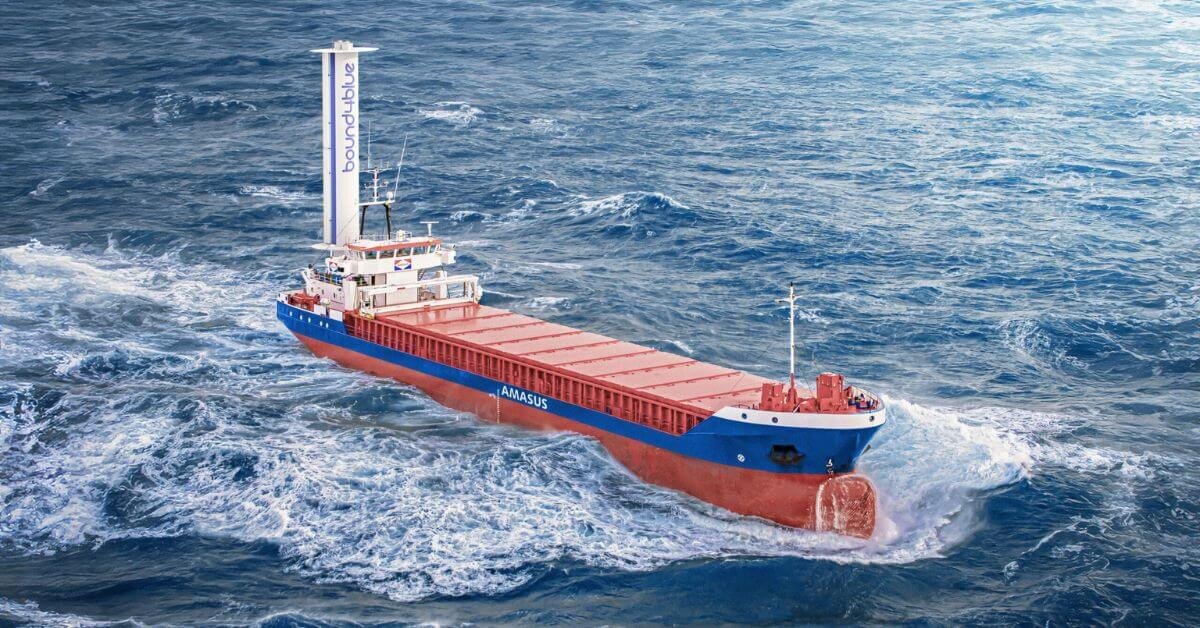The Santos Port Authority (APS) published on Tuesday, September 16, the ordinance establishing the Permanent Regional Committee for Environmental Impact Monitoring, with the purpose of monitoring, evaluating, and proposing measures related to the social and environmental impacts of the Santos-Guarujá Tunnel project.
According to APS president Anderson Pomini, the committee will provide support to surrounding communities throughout the execution of the project: “Until the tunnel is delivered and operational, APS will monitor, together with other agencies, all the effects of the project on the lives of residents and other people who pass through the Port of Santos,” he stated.
As the Port Authority, APS has the prerogative of ensuring the proper functioning of the Port of Santos, prioritizing the Port-City relationship. The ordinance stipulates that the committee will comprise representatives from institutions ranging from government agencies to civil society organizations, as well as the construction company responsible for building the tunnel.
The committee’s objective, among others, is to monitor and follow all events related to the Santos-Guarujá Tunnel project, particularly those with social and environmental implications, promoting integration between the port and the surrounding cities. It will have internal regulations and must meet at least every two months to evaluate the progress of the tunnel’s implementation.
The committee is composed of:
▪ Santos Port Authority (APS)
▪ National Waterway Transport Agency (Antaq)
▪ Santos Commercial Association (ACS)
▪ Guarujá Commercial Association (ACG)
▪ Development Council of the Baixada Santista Metropolitan Region (Condesb)
▪ Regional Council of Engineering and Agronomy (CREA)
▪ São Paulo State Environmental Company (Cetesb)
▪ Contractor responsible for the project
▪ Government of the State of São Paulo
▪ Ministry of Ports and Airports (MPor)
▪ Federal Public Prosecutor’s Office (MPF)
▪ Brazilian Bar Association (OAB)
▪ Santos City Hall
▪ Guarujá City Hall
▪ Civil society representatives from Santos
▪ Civil society representatives from Guarujá
▪ Representatives of the fishing community
▪ Federal Heritage Department (SPU)
▪ Local universities
▪ Conservation Units
Fonte: APS





